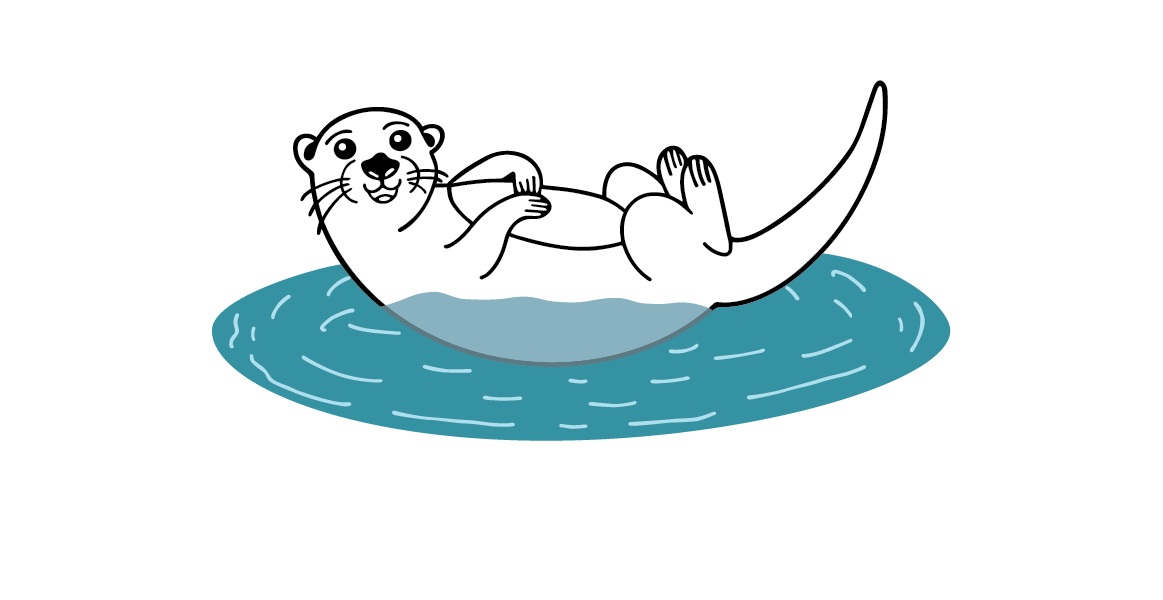FAQ
We have thoughtfully put together a list of questions that often get asked before during and after lessons. Please select a category below to learn more. If you still have questions after viewing our FAQ's please reach out by filling out the form below.
At ISR we place an emphasis on safety before, during and after lessons.
Infant Swimming Resource (ISR) is the product of nearly 60 years of research. ISR’s primary focus is to teach your child to become a productive swimmer or floater in any depth of water. The goal of ISR is that your child becomes an “aquatic problem solver.” ISR will greatly increase your child’s chance of surviving an aquatic accident, even when fully clothed!
Every Certified ISR Instructor worldwide completes an 8-week intensive academic and in-water training and certification program with a minimum of 80 hours of in-water time with a Certified Master Instructor. All instructors must have current CPR and First Aid certification. Once certified, ISR Instructors must undergo annual recertification and are recognized as highly skilled, precise aquatic behavior specialists who understand the unique cognitive, intellectual, and physical development dynamics of young children. Understanding the behaviors of children in the water allows each Instructor to respond with ISR’s proprietary technique.
YES! ISR is dedicated to safety and maintaining numerous safety protocols to promote safe lessons. Your child’s health and well-being are closely monitored daily during each lesson. In addition, your child’s medical and developmental history is a mandatory part of the ISR national registration process, all of which is held strictly confidential.
All ISR instructors undergo an intensive and rigorous training program that far exceeds any other training program of this kind. You will receive a detailed electronic parent resource book which educates you about every aspect of swimming for infants and children.
ISR has shown a retention rate of 94-100% up to one year following lessons. It’s important to remember that ISR Self-Rescue® Skills are a sensorimotor skill, just like crawling, walking, or riding a bike. The less you use these skills the rustier they get, but that doesn’t mean you’ve forgotten them.
Based on our research, we know that refresher lessons are important because children change so much both cognitively and physically during the first 5 years of life. Their water survival skills must grow with their bodies. Remember, the more your child uses their skills the better.
Frequency depends on the child’s age, growth rate, skill level and confidence level. The goal of refresher lessons is to help your child adjust his/her new body size and weight to his/her existing skill level. Your instructor will work with your child to help fine-tune his or her aquatic experience to assist with building efficiency, which will result in self-confidence. This is especially important if your child has not been able to practice any appropriate aquatic skills between seasons.
There is an important difference between being fearful and being apprehensive because you are not yet skilled in a new environment. Children like routine & familiarity, so their Certified ISR Instructor will not be surprised or bothered if they fuss in the initial days or weeks of lessons. After all, it’s a new environment and new person they are being handed to! Thankfully, we find that this behavior typically tapers off as they begin to build trust & a rapport with us and as they feel more confident in their skills.
While it’s tempting to hold out for a magical “no cry” method to swimming or to wait until your child is older with the hope that they will cry less, keep in mind that they are the most vulnerable to drowning between the ages of 1-4. Our swim parents will tell you that any tears are a worthy trade-off for the priceless self-rescue skills they will learn!
Children often fuss during the first few lessons because they are in a new environment and around new people. As your child becomes more confident in his/her ability in the water, the fussing will decrease. It is not unlike the first time you tried a new exercise class or were asked to perform a task at work that you’d never done before: the first time you try a new task it is always challenging until you get the hang of it. It is the same for your young child. Your child is learning to perform a skill that he/she’s never done before.
